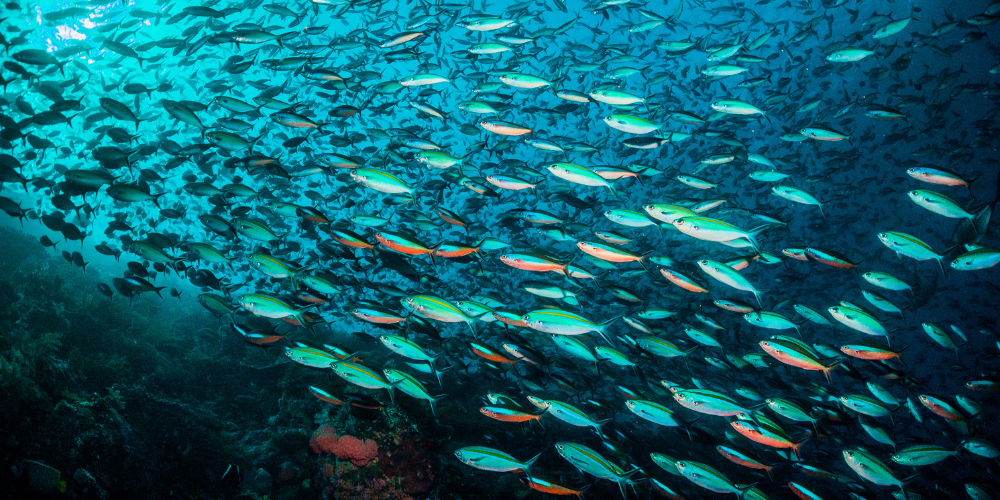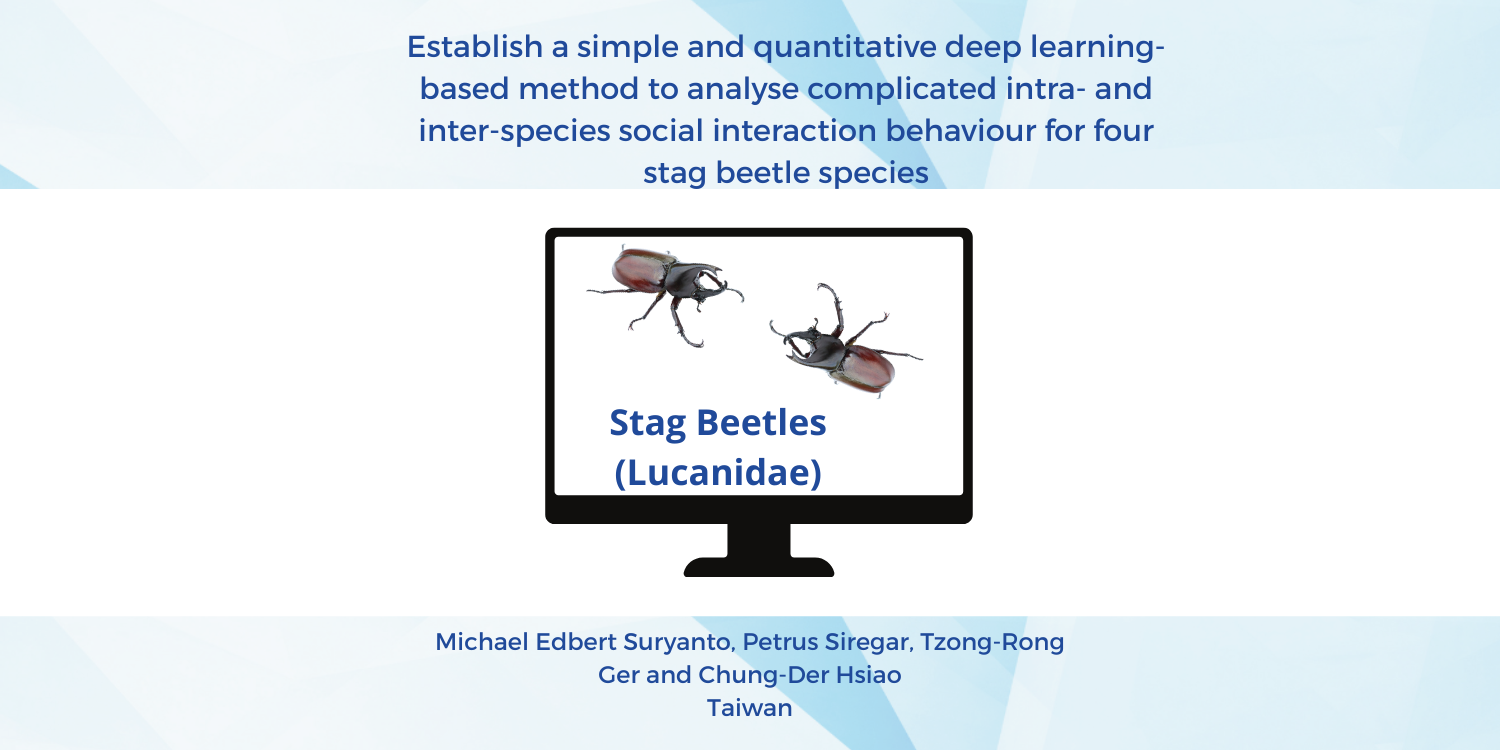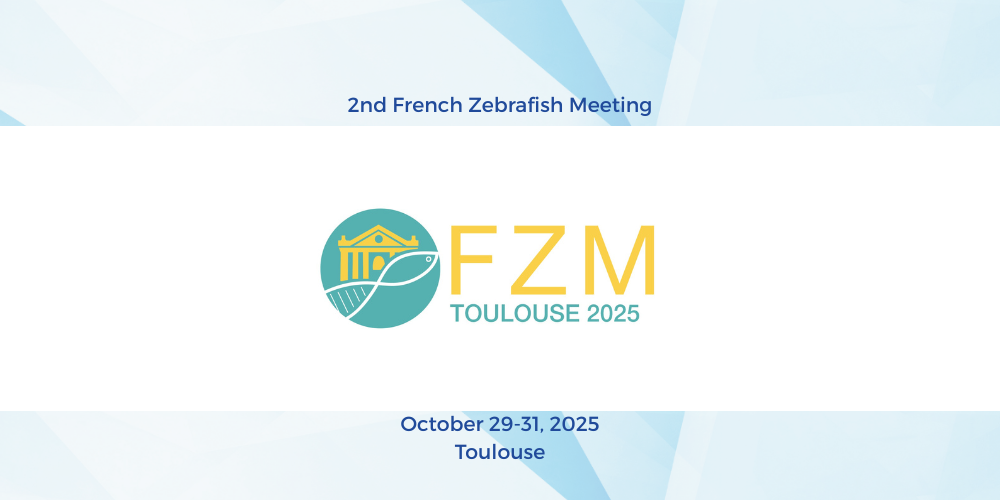Climate change is a very serious issue that will affect most of Earth’s life forms. The CO2 levels keep increasing, and, on top of the greenhouse effect, CO2 will eventually dissolve in the oceans and turn the water more acidic. The forecast for the end of the century is of 800–1000 μatm of dissolved CO2 compared to around 420 μatm that we have nowadays. Of course, this increase has the potential to detrimentally affect oceanic life forms due to the increased acidity. There have been some reports indicating that these levels of dissolved CO2 can alter the physiological and behavioral traits of fish and other organisms.
Oceanic CO2 levels may affect energy usage in fish
In particular, the research points towards detrimental effects on the energy usage of fish. A mechanism has been proposed for the relationship between an increase in acidity and an increase in energy usage. Animal’s body regulation is largely based on maintaining an adequate equilibrium between molecules that generate acidic mediums and those that generate alkaline mediums. If the equilibrium is broken, mechanisms such as neuronal communication can be altered, because they function based on molecule flows that ultimately depend on the acid-alkaline equilibrium. The alteration has been studied in particular for a neuronal receptor, the GABAA receptor. If a blocker of the GABAA receptor (gabazine) is administered to fish that were exposed to elevated levels of CO2, alterations are apparently restored.
Other studies go further with the consequences of CO2-elevation. They associate the increase in energy expenditure that was explained above with a decrease in growth rate because the energy that should be used for growth is wasted. Moreover, this has also been associated with alterations in the structure of otoliths (i.e. calcic structures that contribute to acceleration and gravity perception). The alteration would be caused by a decrease in the abundance, due to the CO2 increase, of the mineral that constitutes them.
However, the results provided by several studies seem to be contradictory in many aspects. Other issues appear with the mentioned studies because most are based on short-term experiments focused on a small number of traits in isolation.
The present study,
Long-term acclimation to near-future ocean acidification has negligible effects on energetic attributes in a juvenile coral reef fish conducted by Sundin and colleagues, was designed to overcome the mentioned problems in prior research and investigate the effects of elevated levels of CO2 in spiny chromis (Acanthochromis polyacanthus), a coral reef fish often used to assess the effects of ocean acidification.
ZebraLab monitors swimming activity of spiny chromis
The fish were exposed to 1000 μatm CO2 for 3 months. An equivalent group of fish was maintained at 420 μatm CO2 to act as a control. They evaluated parameters related to energy use: swimming activity, body growth, otolith structure, and metabolism. Moreover, they administered gabazine after the experiments to see if the effects of elevated CO2 were reverted. To evaluate swimming activity, the fish were placed in opaque plastic containers with water with the corresponding CO2 levels. They were left there for 60 minutes and, during this time, their activity was monitored with a camera and their movements tracked with ZebraLab software. The software automatically recorded swimming durations and distances of each individual.
On top of the activity evaluation, they conducted respirometry to evaluate metabolic rate, measured the fish to determine growth and evaluated otolith structure. Finally, the fish were treated with gabazine and the experiments were repeated to evaluate change after gabazine exposure.
A complete system for high-throughput tracking and behavioral analysis of zebrafish.
- Track zebrafish (larvae, adult and shoals) in multi-well plates
- Controlled experimental environment
- Reliable results
- Flexible add-ons/ systems extension
Minimal differences were detected based on CO2 exposure
The results indicated that the high CO2-level fish had a higher swimming activity initially, which decreased rapidly, compared to the control group. The final activity level was similar in both groups.
Gabazine treatment had no effects, suggesting that GABAA receptors play no role in the initially increased swimming activity observed in the high CO2-level group. There was no difference in growth rates, in the length-weight relationship or in otolith structure between the two groups.
CO2 levels may not be the worst threat for fish.
In sum, the team found a temporary increase in activity in the high CO2-level fish that was not translatable to an increase in oxygen consumption, and which was not caused by GABAA receptor activity. Moreover, the temporary higher activity did not translate to differences in otolith structure or body growth between the groups. The results suggest that the levels of CO2 that we expect to be dissolved in water by the end of the century may have virtually no direct effects on the energy use of at least some species of fish. Based on this research, ocean warming appears to be a more important threat than dissolved CO2 to the health and survival of fish.
How did our products improve the research?
Determining the impact of predicted environmental conditions for the end of the century is fundamental to implement preventive actions in the present moment. For this reason, studies such as the one presented are of utmost importance. And the success of this study is due to the use of cutting edge technology: ZebraLab system. The outcome depended on the accurate tracking of swimming activity of the fish. This software allowed to uninterruptedly monitor and track each individual and obtain perfect measurements of this activity. Other methods of measuring would have been highly inaccurate compared to this one.
References
Sundin J, Amcoff M, Mateos-González F, Raby GD, Clark TD. (2019). Long-term acclimation to near-future ocean acidification has negligible effects on energetic attributes in a juvenile coral reef fish. Oecologia. doi: 10.1007/s00442-019-04430-z.
Related product
ZebraBox, ToxmateLabandZebraCube
Do not hesitate to CONTACT US to know more about what we offer to upgrade your animal research!





